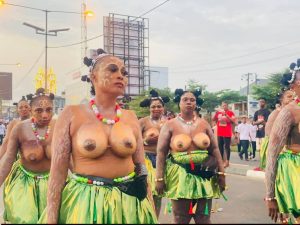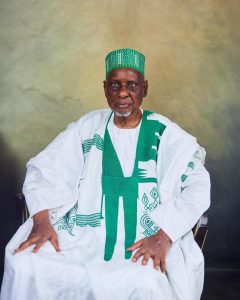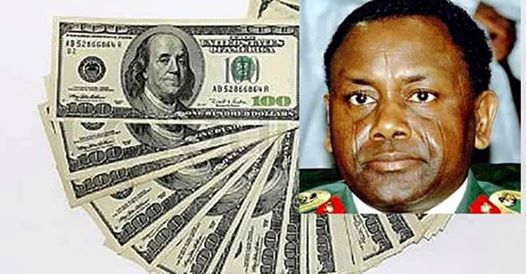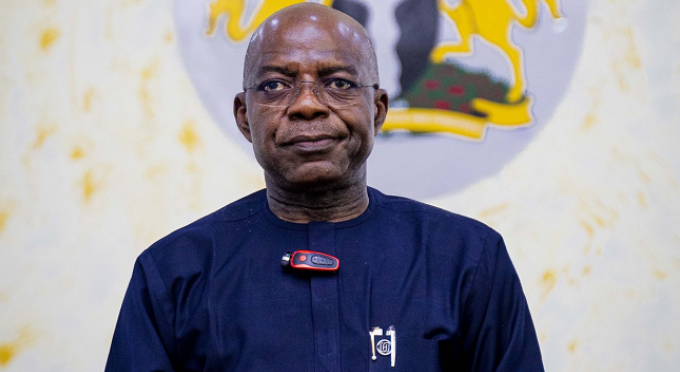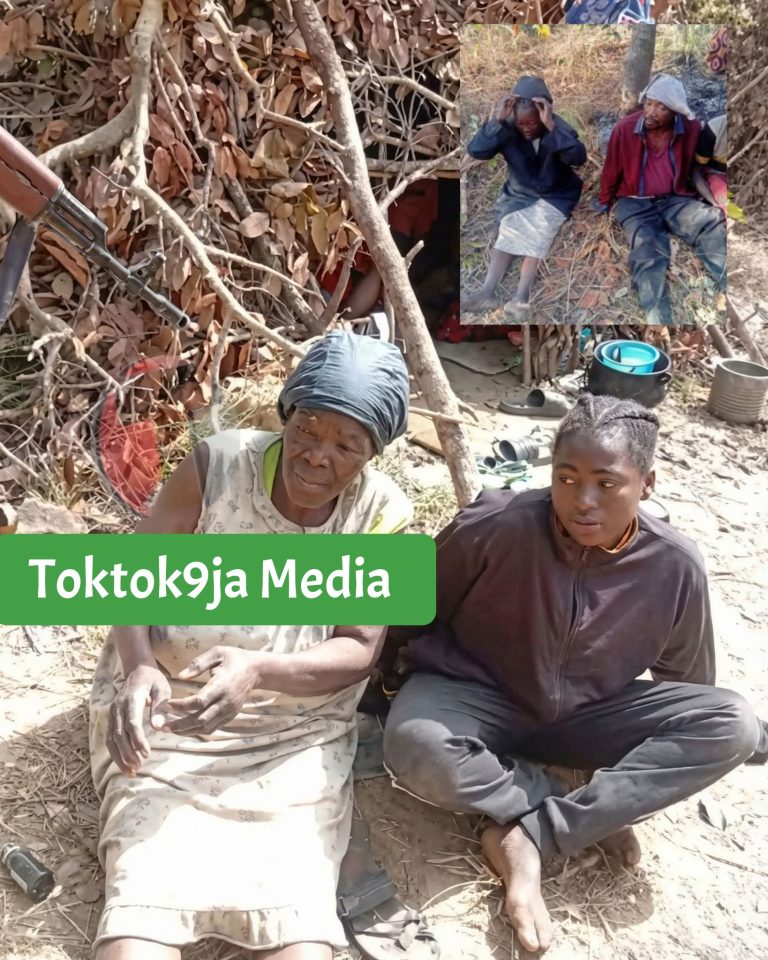
Nigeria, the United States and the Island of Jersey are to share about $268 million, which was plundered from the treasury by former military Head of State, Gen. Sani Abacha.
Reports yesterday by the BBC and JERSEY EVENING POST said the cash was seized from a Jersey bank account.
It is, however, different from previous seizures from the late head of state.
According to reports, about $268 million was paid into the Island’s Civil Asset Recovery Fund from assets channeled to Jersey from Nigeria after being laundered through the USA.
The money was laundered from the United States and paid into Jersey accounts by a British Virgin Islands shell company, Doraville Properties Corporation.
After a five-year legal wrangle, the money, which was frozen in 2014, but has now been recovered, will be split between Jersey, the United States and Nigeria.
The huge sum will be held in Jersey while an asset-sharing agreement is struck between the USA, Nigeria and the Island.
It was however, unclear how much each of the three nations will get as no sharing formula has been agreed upon.
It was learnt that more money held by the shell company might be seized and paid into the Civil Asset Recovery Fund in the future.More than $450 million was frozen in 2014 by the US Department of Justice, in what it described as the biggest kleptocratic forfeiture in its history. Abacha, who died in 1998, is believed to have embezzled and stolen billions during his five years dictatorship and stashed most of it in accounts throughout Europe.
In 2016 Switzerland negotiated with Nigeria to return more than $300 million. The Swiss previously had returned about $700 million, the first time frozen assets in Europe had ever been returned to an African nation.
The Buhari administration has used the money to fund its Social Investment Programme, a scheme under which small time traders are given N10,000 each to grow their businesses.
Nigeria made a deal with the Abacha family: dropping the charges against the former Head of State’s son, who was believed to have assisted in embezzling the money, in exchange for all of his father’s foreign funds.
Jersey’s Law Officers Department declined to comment on the final distribution of the funds because it could “prejudice ongoing discussions”.
Jersey’s government said it had approached the US in 2007 to request legal proceedings begin in US courts over the laundered funds.
The US Department of Justice itself has refunded millions of dollars of money back to Nigeria, ruling that Abacha and associates laundered funds through the US banking industry.
Following an “extensive” collection of evidence in a variety of international jurisdictions, the funds were frozen by the Royal Court in 2014 and finally paid into the Civil Asset Recovery Fund on May 31, 2019.
The money is just a fraction of the billions of dollars that were allegedly stolen and laundered during the military regime of Abacha.
A spokesman for Jersey’s Law Officers Department said it had faced “challenges and appeals” all the way to Jersey’s highest court, as well as “separate proceedings” by a third party in US court.
Jersey’s attorney general, Robert McRae QC, said the seizure “demonstrated his country’s commitment to tackling international financial crime and money laundering”.
He said: ‘In restraining the funds at the request of the United States of America, through whose banking system the funds were laundered prior to arriving here, and in achieving the payment of the bulk of the funds into the Civil Asset Recovery Fund, Jersey has once again demonstrated its commitment to tackling international financial crime and money laundering.’
In 2014, at the request of the US authorities, the Island’s Attorney General applied for, and the Royal Court granted, a restraining order over the Jersey bank account balance of Doraville.
The restraining order was to preserve the money until a final civil asset recovery order could be registered in the Royal Court.
Doraville applied to the Royal Court for the restraint order to be discharged, but the Royal Court dismissed the application in 2016.
Then in 2017, Doraville challenged the Royal Court’s decision, taking the case to Jersey’s Court of Appeal. That challenge was again rejected.
However, following the decision of Jersey’s Court of Appeal, Doraville made an application to appeal against the restraint order before the Privy Council – Jersey’s ultimate appellate court.
In February 2018 the Privy Council announced its rejection of this final legal challenge.
Source: Thisdaylive.com
Discover more from TOKTOK9JA MEDIA
Subscribe to get the latest posts sent to your email.


